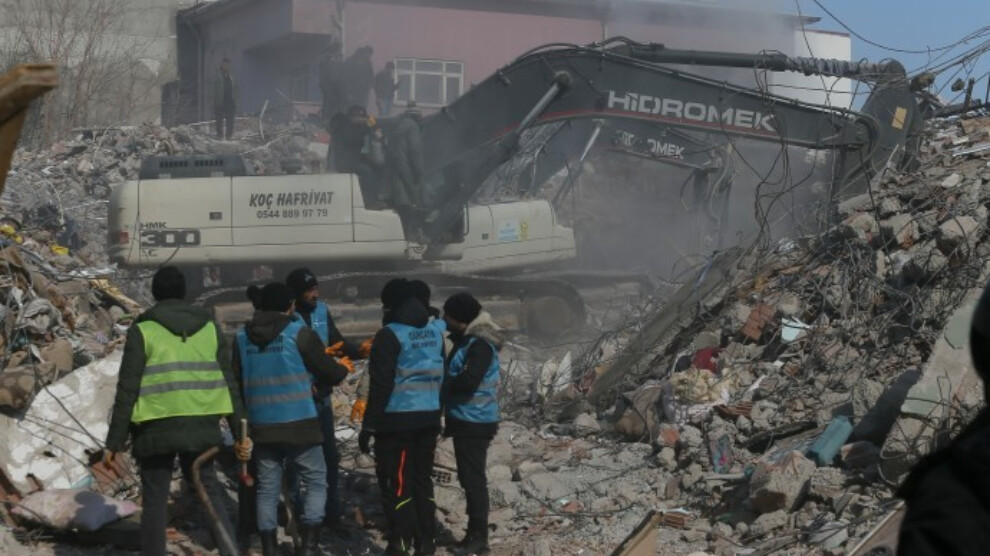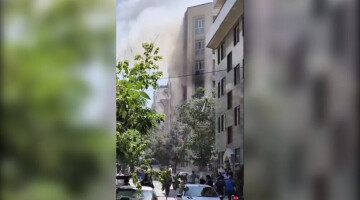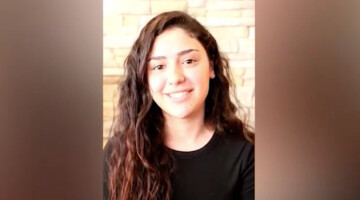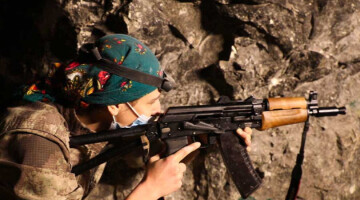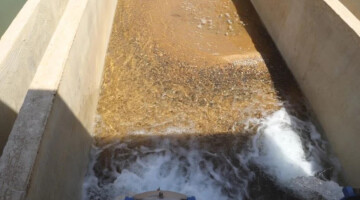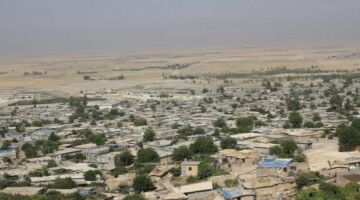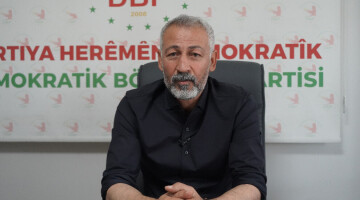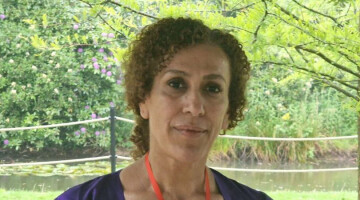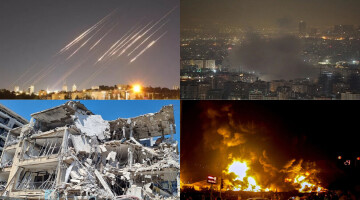The Elbistan district of Maras province was severely devastated by the two earthquakes on February 6. Search and rescue efforts in the district are mostly carried out by volunteers. Nearly 3,000 buildings and residences were demolished, and 70% of the district was destroyed completely. While search and rescue efforts continue in only a small part of the destroyed buildings in the district centre, 70 percent of the debris remains intact.
Citizens are desperately waiting for their relatives to be removed from the rubble. Survivors find no shelter in the district where the temperature has dropped to minus 15.
VILLAGES DEVASTATED
All the buildings on Malatya Street have been demolished. There is no reliable information about how many people remain under the wreckage, how many lost their lives, and how many are missing. In the meantime, the situation in the villages is getting worse. Survivors in the villages could only receive the aid delivered by the volunteers. While the roads of many villages are closed, no organization has reached the rural areas so far. Villagers interviewed by MA stated that there were still many trapped under the rubble, and the corpses have not been buried yet.
While the morgues in hospitals, cemevis (Alevi place of worship) and private health institutions in the city are completely closed, some corpses are kept in separate sections in hospitals. The city cemetery is already full. In the face of procedures before the burial of the bodies kept in hospitals and other institutions, people must wait for a long time even to bury their dead relatives.
NO WATER PROVIDED
Survivors are given hot soup distributed only by voluntary organizations and some municipalities' aid trucks in the district centre. They could not even reach drinking water for two days. 500 people took shelter in the Cemevi. Basic foodstuffs and necessities are distributed to the public in warehouses set up in the Cemevi and in many wedding halls.
Survivors in the district urgently want tents for heating up.

